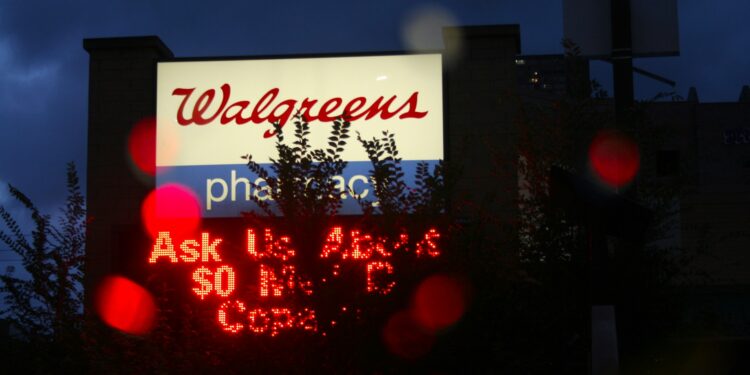They have agreed to pay up to $350 million.
Walgreens has reached a settlement of up to $350 million with the U.S. Department of Justice over accusations that the company improperly filled millions of prescriptions for opioids and other controlled substances. The federal government claimed that between 2012 and 2023, Walgreens pharmacies ignored signs that prescriptions were illegitimate, contributing to the wider opioid crisis. The settlement includes an immediate $300 million payment, with the potential for an additional $50 million if Walgreens undergoes a major business transaction, such as a sale or merger, by 2032.
The allegations also state that Walgreens pharmacists were pressured to fill prescriptions quickly, despite obvious red flags suggesting some prescriptions were not medically valid. In many cases, the company reportedly billed federal healthcare programs like Medicare for these prescriptions, raising concerns about violations of the False Claims Act. Though Walgreens denies wrongdoing, the settlement allows the company to resolve all federal, state, and local opioid-related litigation and focus on its business restructuring efforts.
In response to the settlement, Walgreens has agreed to strengthen its prescription practices. Under agreements with both the Drug Enforcement Administration and the Department of Health and Human Services, the company will implement enhanced compliance procedures, including mandatory pharmacist training, oversight by its board of directors, and systems to monitor high-risk prescribers. These changes aim to prevent similar issues in the future and demonstrate a commitment to responsible dispensing of controlled substances.
This resolution is part of a broader wave of legal actions tied to the opioid epidemic. Over the past several years, pharmaceutical companies, distributors, and retailers have collectively agreed to more than $50 billion in settlements. The Walgreens case also involved whistleblower lawsuits filed by former employees, and follows similar legal action against competitors like CVS and Rite Aid. Officials say these settlements are vital for holding companies accountable and ensuring resources are directed toward addressing the ongoing public health crisis.

































Discussion about this post